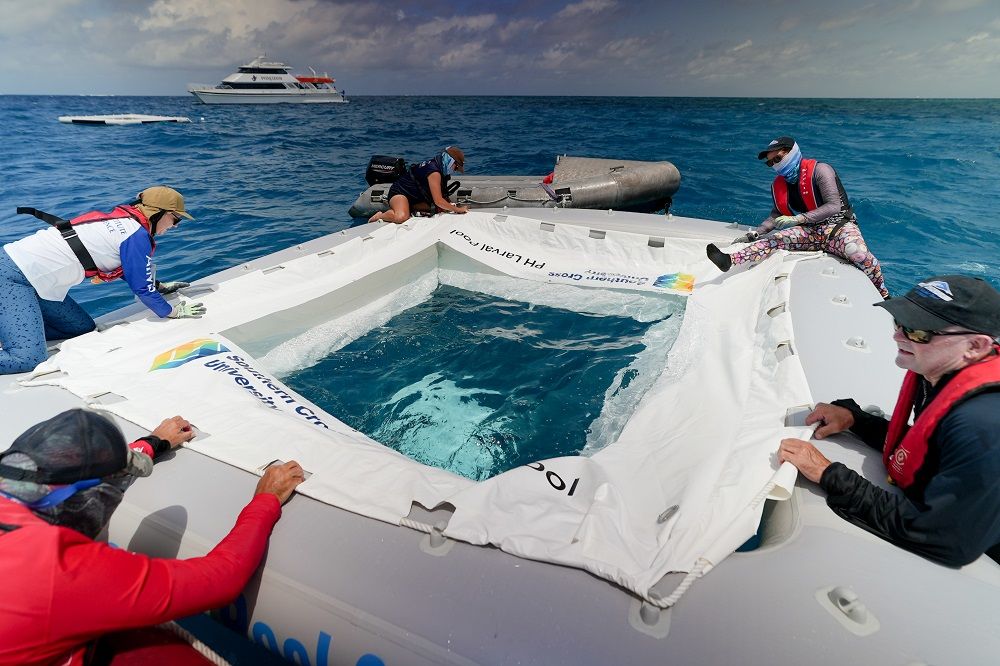In the arid regions of East and Southern Africa, cowpea is a vital crop. Known for its resilience to poor soils and dry climates, it provides a stable food source for farmers facing erratic weather patterns. Yet even with these traits, increasingly erratic weather poses severe challenges for cowpea farmers. To further boost cowpea’s resilience and productivity, plant breeders in East and Southern Africa are collaborating with scientists internationally under the Feed the Future Innovation Lab for Crop Improvement (ILCI) to develop varieties with higher yields, drought tolerance, and high nutritional value.
ILCI is based in the School of Integrative Plant Science in the College of Agriculture and Life Sciences, and funded by the U.S. Agency for International Development (USAID).
In September, ILCI researchers from the U.S. and Africa convened in Malawi for intensive workshops aimed at advancing cowpea breeding efforts and building sustainable scientific capacity in the region. The three-day, in-person workshops built on years of remote collaboration. Hosted by Lilongwe University of Agriculture and Natural Resources (LUANAR) and organized by ILCI’s Center of Innovation for Crop Improvement for East and Southern Africa (CICI-ESA), the workshops gathered 12 plant breeders and researchers from Malawi, including those from the national breeding program, the Department of Agricultural Research Services (DARS).
The workshops focused on high-volume data analysis, led by Bethany Econopouly, Alex Kena, David Hickok and Brandon Monier. Together, they shared techniques to help African scientists use large-scale genetic datasets and optimize breeding operations, ultimately enabling quicker, data-driven decisions in breeding programs.
Read the full story on the Feed the Future Innovation Lab for Crop Improvement website.








